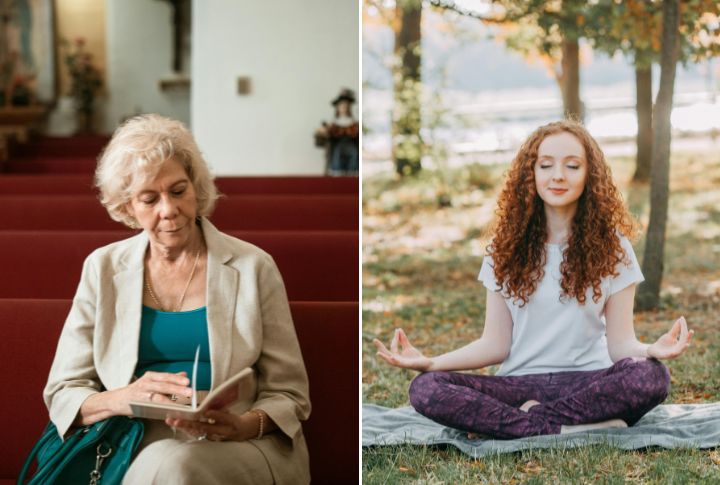
The phrase “generation gap” gets tossed around often, but here it’s crystal clear. Millennials and Boomers may share cities, offices, and even families, yet their core beliefs pull in opposite directions. Which of these differences resonates with you the most? Let’s break them down.
Patriotism Defined

Boomers often equated patriotism with loyalty and respect for national institutions. Millennials? They question authority by linking love for their country to accountability and reform. To the older generation, allegiance means trust. To the younger one, it means challenging flaws and demanding change for a better future.
Work And Identity

Millennials, burned by layoffs and a gig economy, often see jobs as temporary stepping stones. But for many Boomers, a career wasn’t just a paycheck—it was also a proof of character and status. One group chose passion and side hustles, while the other clung to permanence.
Owning Vs. Renting

Boomers grew up believing you hadn’t “made it” until you owned a house. Millennials, locked out by skyrocketing prices, often view renting as smart and freeing. To Boomers, it looks like instability. To Millennials, it feels like a good start with financial survival and flexibility.
Debt Mindset

For the older generation, borrowing meant climbing the ladder—student loans, mortgages, car payments—all seen as investments. However, the same choices put the younger generation under heavy debt loads, with fewer guarantees of payoff. Millennials distrust loans, treating them as chains to dodge whenever possible.
Marriage Expectations

Marriage once symbolized adulthood, stability, and moral standing for Boomers. But millennials tend to delay or skip it. They trust cohabitation or focusing on careers instead. What one generation views as essential, the other sees as optional.
Faith And Spirituality

Church pews defined Sunday mornings for many Boomers, who anchored identity in traditional religion. As for Millennials, many separate morality from institutions, blending yoga, meditation, or individualized belief systems. It’s less about doctrine and more about crafting a practical, personal, and flexible spiritual toolkit.
Retirement Outlook

Millennials inherited unstable markets, disappearing benefits, and constant “retirement anxiety.” Instead of dreaming about leisure, most of them plan with uncertain endgames in mind. Boomers, on the other hand, worked with the promise of pensions, steady savings, and golden years of rest.
Attitude Toward Change

The older generation sees rapid change—whether in technology or beliefs—as unsettling and disruptive because they believe in stability. But the younger one grew up immersed in fast shifts and learnt to thrive on adaptation. Constant reinvention is normal for them.
Workplace Hierarchy

Most boomers respect top-down structures and formal authority. For them, authority means order. As for Millennials, they want collaboration, open communication, and flatter systems that value every voice. Hierarchy is seen as an outdated concept—why wait decades for comfort, growth, and success?
View Of Technology

For many Boomers, technology is an optional convenience—some gadgets are useful, but none of them is central to life. Millennials, raised in a digital world, treat technology as a baseline expectation, not an add-on. It’s essential to their lifestyle and even identity.

